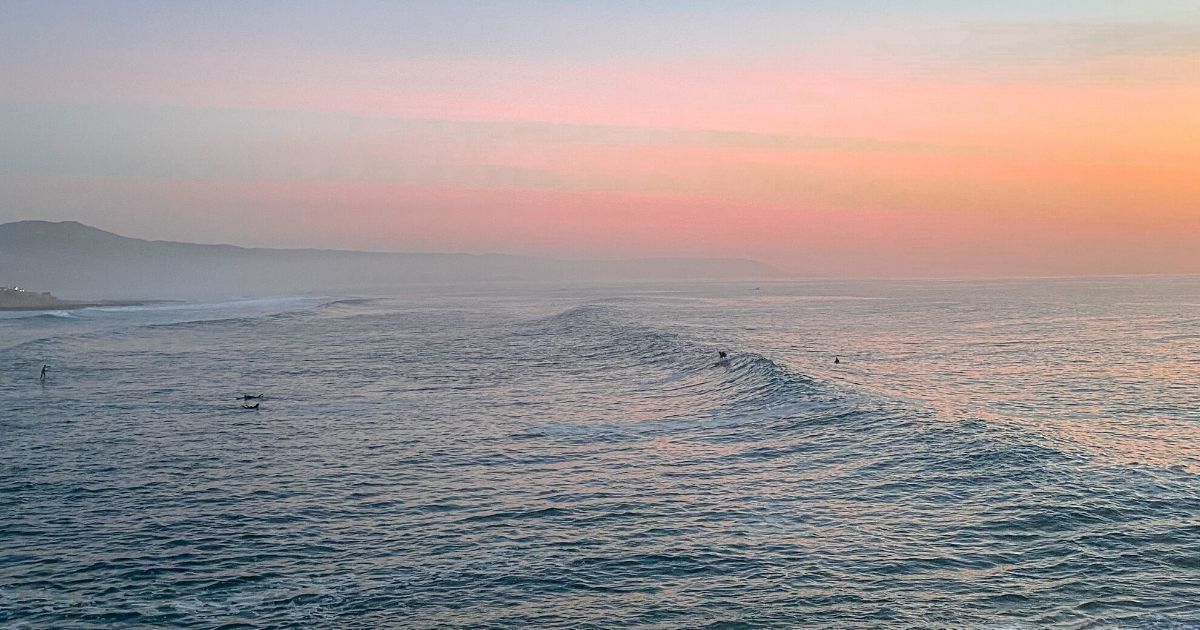Frédérique Le Roux, an IFREMER researcher in molecular microbiology at the Roscoff marine station (CNRS/Sorbonne Université), has won a €2.5 million Advanced Grant from the ERC (European Research Council) for DYNAMIC, a project that studies phages in marine environments. Phages, which are natural predators of bacteria, could be an alternative to antibiotics.
"The ERC grant is an amazing success for IFREMER and marine science. The topic "ocean & health" will be essential in the upcoming years," underlines François Houllier, CEO at Ifremer. “Because ocean biodiversity is a fantastic reservoir of molecules that can be used for human health, because the ocean gets many biological contaminants from the land, and because seafood quality is critical for consumers. With this project, Frédérique Le Roux and her team will, I hope, provide key knowledge to finding alternatives to antibiotics. This is a global challenge that the scientific community takes up today."
ERC Advanced Grants give researchers with national and international recognition in their fields the opportunity to pursue ground-breaking, high-risk projects that open up new paths in their own discipline or other domains.
Antibiotic resistance is an environmental problem too
“We’re seeing the emergence of bacteria that are resistant to all antibiotics, and at the same time new molecules are not being produced. Models show that there could be 10 million deaths in 2050 due to infections by multidrug-resistant bacteria, which is more than the projected deaths from cancer,” explains Le Roux. “There are two solutions to this predicament: using antibiotics only when absolutely necessary, and finding alternatives. My approach is to investigate how bacteria’s natural enemies control their spread and evolution in nature.”
Le Roux is one of 18 French laureates (six of whom are women) out of the 161 total recipients of the 2019 ERC Advanced Grant (1881 candidates applied, yielding a success rate of 8.5%). DYNAMIC is the only French project that was retained for the Ecology, Evolution and Environmental Biology evaluation panel (LS8). This is the first Advanced Grant that IFREMER has received and the third grant that the institute has received from the ERC.
Phages are bacteria’s natural predators. They specifically attack certain bacteria without disturbing other organisms like animals and algae, stated Le Roux “Our research aims to understand the extent to which phages are specific to pathogenic bacteria, how bacteria resist them and how phages counter-attack— this is what we call co-evolution.”
“Most of the scientific community is working on the use of phages in human health, for treating bacterial infections as a complement to or a replacement for antibiotics. But antibiotic resistance isn’t only a clinical problem. It’s an environmental problem that affects agriculture and aquaculture as well. If a human is infected by multidrug-resistant bacteria, the source of those bacteria is the environment.”
Farmed oysters as a research model
Marine bacteria, especially vibrios, can infect farmed animals like shrimp, fish and mollusks. With the DYNAMIC project, the researchers are going to study the interactions between phages and bacteria associated with oyster mortality. Le Rous add, “The knowledge we develop will improve our understanding of the ancient relationships between bacteria and phages that are present in all ecosystems, whether oyster farms, pig farms or the digestive tract. This fundamental knowledge may help us understand whether it’s possible to use phages as an alternative to antibiotics in aquaculture.”
Story by IFREMER



